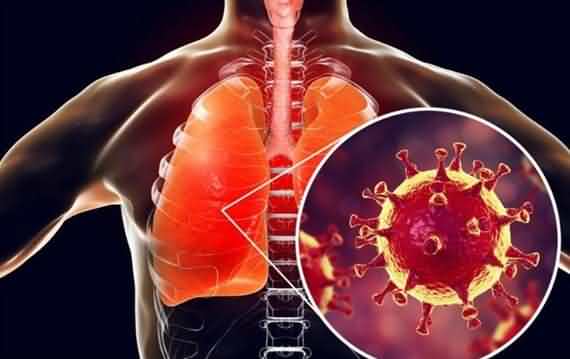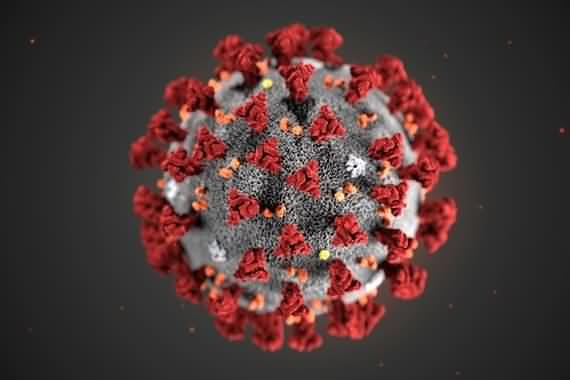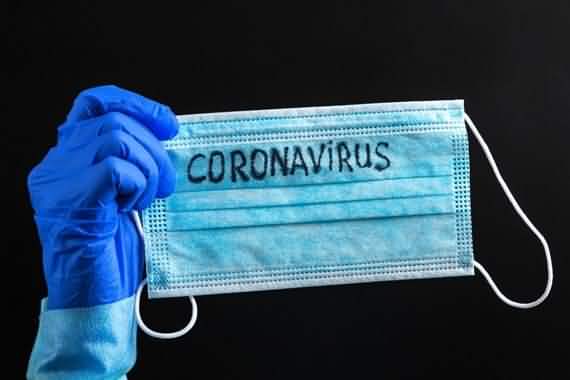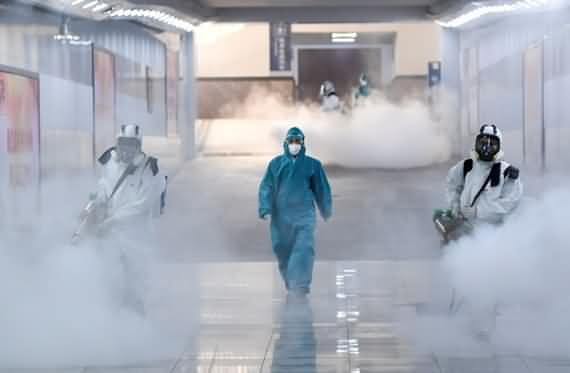Coronavirus Disease (COVID-19) Quick Guide
is an infectious pandemic disease caused by a new virus. The disease causes respiratory illness (like the flu) with symptoms such as a cough, fever, and in more severe cases, difficulty breathing. This is a Coronavirus disease (COVID-19) quick guide and important information to know and to share with your family and friends.
Virus spreading : Coronavirus disease spreads primarily through contact with an infected person when they cough or sneeze. It also spreads when a person touches a surface or object that has the virus on it, then touches their eyes, nose, or mouth.
Infection : People may be sick with the virus for 1 to 14 days before developing symptoms.
Symptoms : The most common symptoms of coronavirus disease (COVID-19) are fever, all body tiredness, and dry cough. Most people (about 70 to 80%) recover from the disease without needing special treatment. More rarely, the disease can be serious and even fatal. Older people, and people with other medical conditions (such as asthma, diabetes, or heart disease), may be more vulnerable to becoming severely ill.
Prevention : There’s currently no vaccine to prevent coronavirus disease (COVID-19) until now. But you can protect yourself by wearing a mask ; washing your hands and your face too frequently; avoiding touching your face; and avoiding close contact (1 meter or 3 feet) with people who are unwell. You can wear gloves, facemask and try to use sanitizers most of the times where ever you are to clean all the surface you may touch around you.
Avoid any gathering more than 5 people. Eat healthy food (a lot of vegetables, fresh fruits and drink a lot of water) , practice some sport and keep yourself active all the time. You must take a shower every time you came home from outside and never touch anything in your house until you finish your shower.
Treatment : There is no specific medicine to prevent or treat coronavirus disease (COVID-19). People may need supportive care to help them breathe.

Coronavirus Disease
What you can do
Ask your Doctor : nowadays if you have the coronavirus mild symptoms such as fever, cough, and have difficulty breathing, promptly seek medical care. Call in advance and tell your health provider of any recent travel or recent contact with travelers.
Self care : If you have mild symptoms, stay at home for at least 14 days until you’ve recovered. You can relieve your symptoms if you:
- rest and sleep well.
- keep warm , calm and don’t panic at all.
- drink plenty of liquids and especially the hot drinks every hour.
- Eat fresh vegetables, fruits and drink water most of the times.
- use a room humidifier or take a hot shower to help ease a sore throat and cough.
After the first 6 to 7 days of mild symptoms period and you still don’t feel well; you have to ask your doctor first; and if your doctor told you to go to your nearest hospital just do it immediately; and don’t waste anytime at all.
Combating the spread of coronavirus : it’s so easy and simple just Stay-At-Home for a while until this virus will gone from your area for good.
Children are not at higher risk : Based on available evidence, children do not appear to be at higher risk for COVID-19 than adults. While some children and infants have been sick with COVID-19, adults make up most of the known cases to date.
Older adults : 65 years and older, are at higher risk for severe illness. COVID-19 is a new disease and we are learning more about it every day.
Pregnant women : Pregnant women experience changes in their bodies that may increase their risk of some infections. With viruses from the same family as COVID-19; and other viral respiratory infections, such as influenza, women have had a higher risk of developing severe illness. It is always important for pregnant women to protect themselves from illnesses.
Dealing with diseases in Islam
Dealing with diseases in Islam … Islam is a holistic belief system and it takes into account the physical, emotional, and spiritual well being of individuals and societies. Although care of the individual is important, safeguarding communities, including its weakest members, is of paramount importance. More than 1400 years ago, Prophet Muhammad; may the mercy and blessings of God be upon him; was teaching his followers hygiene practices that are still applicable in the 21st century.
Islam is referred to as the religion of cleanliness. “Truly, God loves those who turn unto Him in repentance and loves those who purify themselves.” (Quran 2:222) In the traditions of Prophet Muhammad cleanliness is mentioned as half of faith, therefore, it is important to keep the body fresh and clean and Islam insists on several practices to facilitate this.
The private parts are washed after using the toilet; and Muslims must pay particular attention to being clean before praying. They wash their hands, faces, (including rinsing the mouth and nose) arms; and feet, a minimum of five times per day. Prophet Muhammad insisted that the believers wash their hands; before praying, before and after eating; and upon waking up in the morning.
Infection control in Islam includes isolation and quarantine. Prophet Muhammad, may the mercy and blessings of God be upon him, instituted strategies that are today implemented by public health authorities.
He commanded his followers not to travel to places known to be afflicted with illness; and he advised those in the contaminated areas or communities not to leave; and spread the disease further afield. He said, “If you hear that there is a plague in a land, do not enter it; and if it (plague) visits a land while you are therein, do not go out of it” bukhari. He also counseled ill people not to visit healthy people. Don’t forget to wear your mask and clean your hands all the times.
You can read about:
Metaverse New Internet Technology
The Best Days, Nights And Months In The World
Evolution Of Credit Card Technology
Credit Card History And Origin




